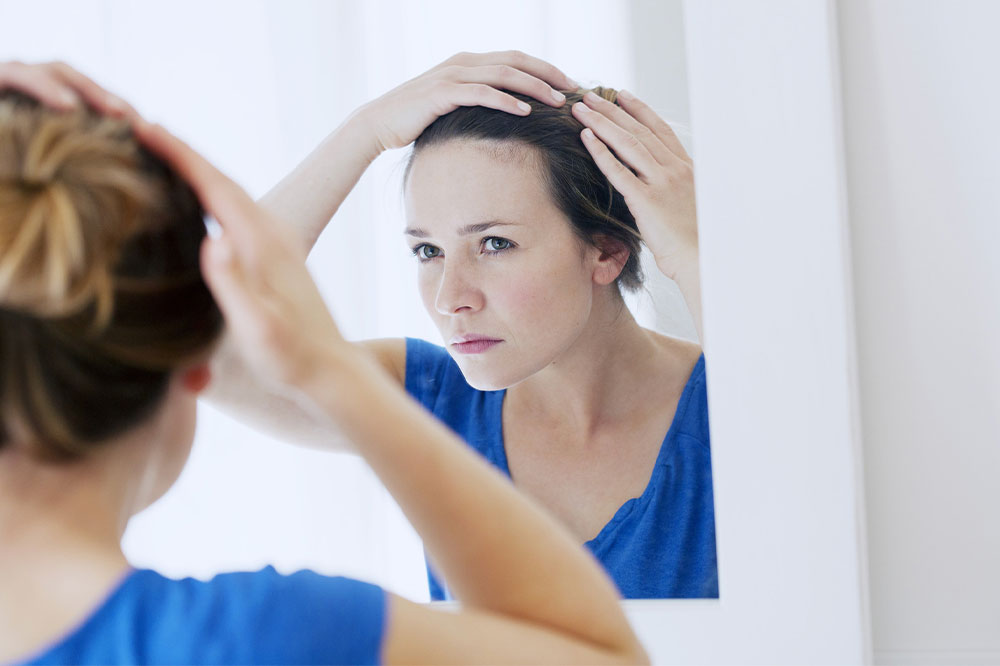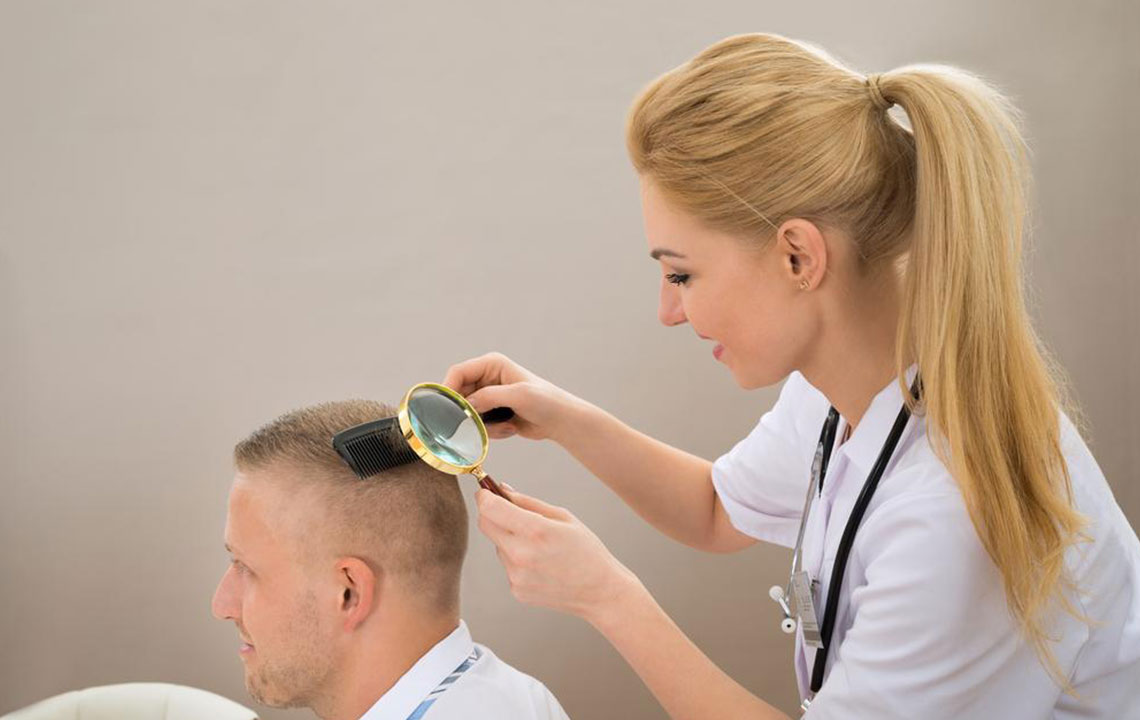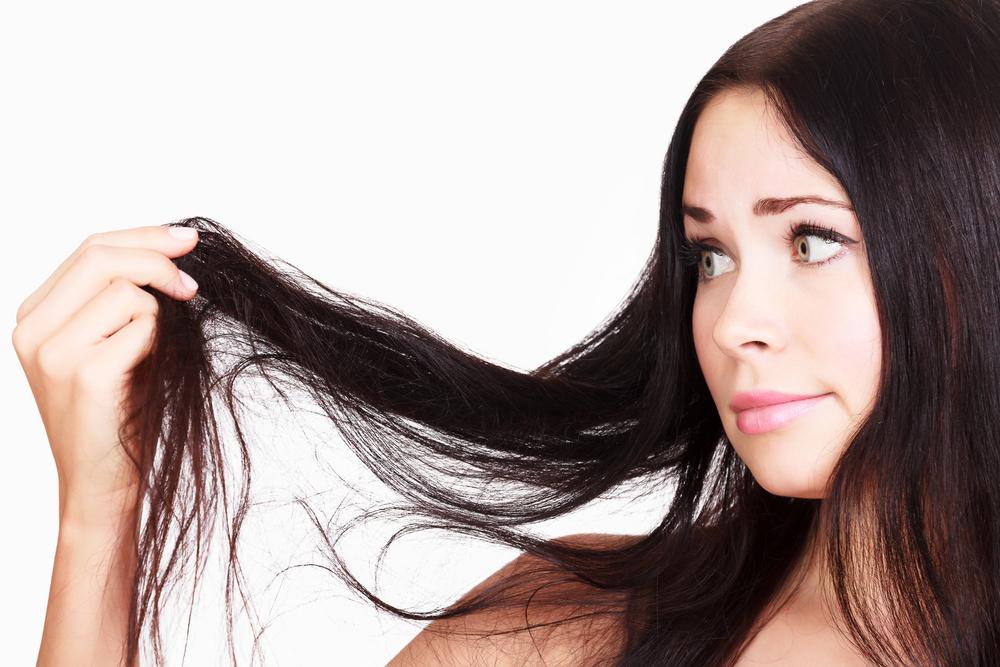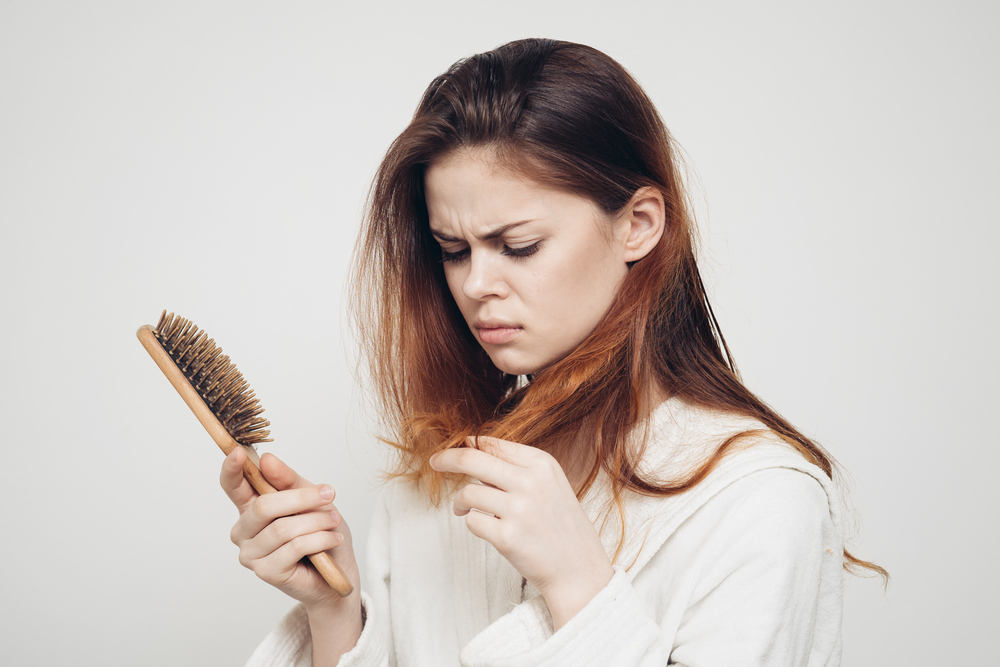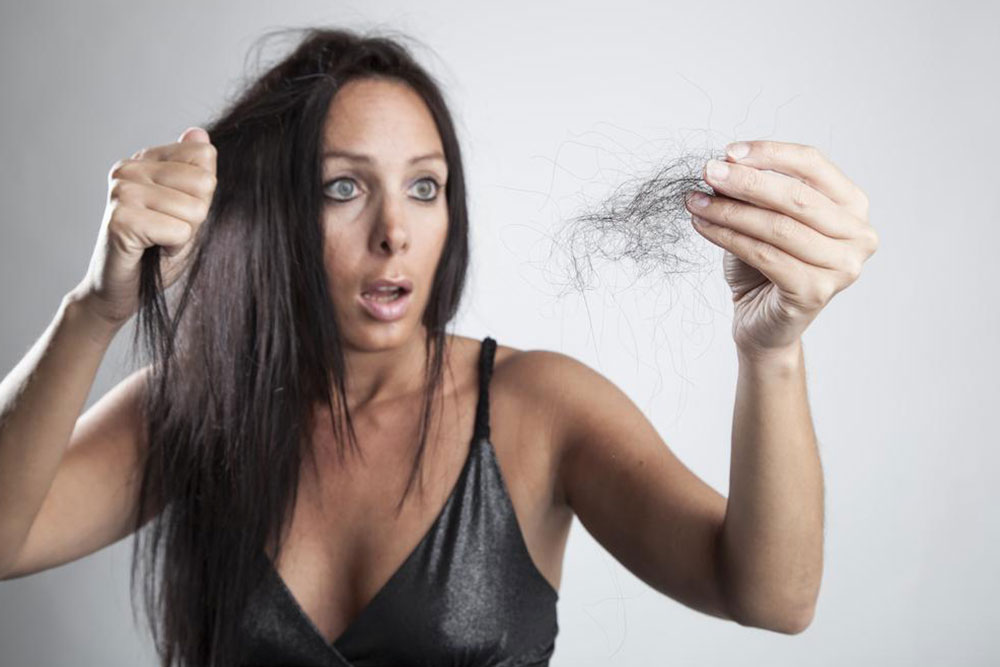Comprehensive Guide to Hair Loss: Causes, Treatments, and Prevention Strategies
Discover the comprehensive causes of hair loss and explore effective strategies for prevention and treatment. This detailed guide provides insights into medical remedies, natural treatments, lifestyle adjustments, and professional interventions to promote hair health and combat thinning and baldness. Learn how diet, habits, and health conditions influence hair growth and discover practical steps to maintain strong, healthy hair for a confident future.
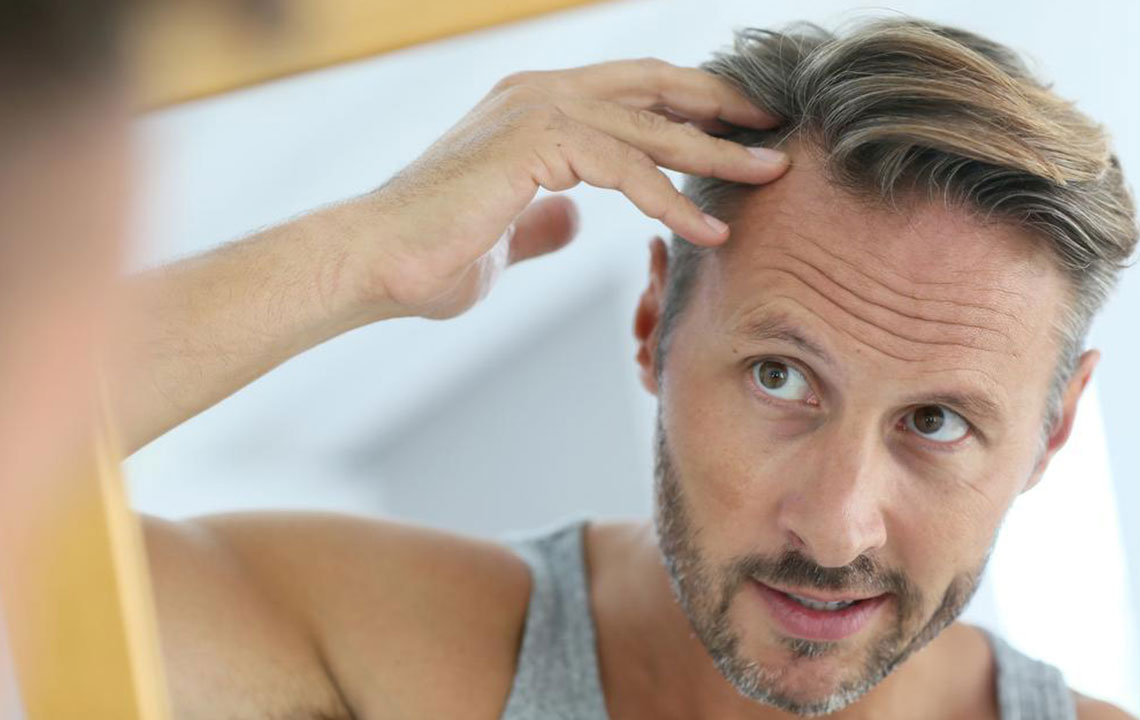
Comprehensive Guide to Hair Loss: Causes, Treatments, and Prevention Strategies
Hair loss is a concern experienced by many individuals across different age groups and backgrounds. While shedding about 50 to 100 strands daily is considered normal due to the natural hair cycle, factors such as genetics, health conditions, lifestyle choices, and environmental influences can lead to excessive hair thinning or baldness. Understanding the underlying causes of hair loss, and exploring effective solutions, is crucial for maintaining healthy hair and boosting self-confidence.
This detailed guide delves into common causes of hair loss, available medical treatments, and practical remedies you can adopt to promote hair health. Whether you're experiencing temporary shedding or persistent thinning, gaining insight into the root causes helps tailor the most suitable intervention strategies.
Common Causes of Hair Thinning and Loss
Physical and Emotional Trauma
Major physical events such as surgeries, serious illnesses, infections, or psychological stress can disrupt the natural hair growth cycle. Such trauma often results in telogen effluvium, a condition characterized by increased hair shedding.
Diet and Nutritional Deficiencies
Inadequate intake of essential nutrients, particularly iron, zinc, biotin, and vitamins, can weaken hair follicles. Iron deficiency, especially prevalent among women due to menstruation or dietary habits, is a common culprit behind hair thinning.
Hormonal Imbalances
Conditions like hypothyroidism, polycystic ovary syndrome (PCOS), or menopause can cause significant changes in hormone levels, leading to hair thinning or shedding.
Genetic Factors and Androgenetic Alopecia
Hereditary hair loss, often called male or female pattern baldness, significantly influences hair thinning over time, following a predictable pattern based on genetic predisposition.
Medications and Medical Treatments
Certain drugs, including chemotherapy, antidepressants, or blood pressure medications, may cause side effects that impact hair growth. Excessive use of vitamin A derivatives ('retinoids') can also contribute to hair loss.
Lifestyle and Hair Care Habits
Poor hair care practices, the use of harsh chemicals, excessive heat styling, and tight hairstyles exert physical stress on hair shafts, causing breakage and weakening.
Environmental Factors
Pollution, exposure to toxins, and UV radiation can damage hair follicles, leading to diminished hair quality and density over time.
Effective Solutions and Remedies for Hair Loss Prevention
Dietary Improvements and Supplements
Consuming a balanced diet rich in biotin, iron, zinc, and vitamins can nourish hair from within. Supplements may be beneficial after consulting a healthcare professional.
Scalp Care and Regular Maintenance
Maintaining scalp hygiene with gentle, sulfate-free shampoos, and using conditioners that strengthen hair minimizes follicle damage. Regular scalp massages with nourishing oils enhance blood circulation and stimulate growth.
Hot Oil Treatments and Herbal Remedies
Treatments using natural oils like coconut, olive, castor, or jojoba help strengthen hair strands and improve scalp health. Applying these oils overnight or for extended periods can be particularly effective.
Protective and Gentle Styling Practices
Avoid tight hairstyles, excessive chemical treatments, and frequent heat styling. Opt for protective styles that minimize pulling and traction forces on hair.
Healthy Lifestyle Choices
Adequate hydration, stress management through practices like yoga and meditation, and regular physical activity support overall health and hair vitality.
Medical Interventions and Professional Treatments
Consulting a dermatologist or trichologist for diagnosis and personalized treatment plans is recommended. Procedures like PRP (Platelet-Rich Plasma) therapy, laser treatments, or medication (e.g., minoxidil, finasteride) might be appropriate for certain cases.
Addressing Underlying Health Conditions
Managing issues like thyroid disorders or nutritional deficiencies through medical care can halt or reverse hair loss progression.
Taking early action, understanding your specific causes, and following a comprehensive approach can help preserve hair health, boost confidence, and improve overall well-being. Remember, consistent care and timely medical advice are key to effectively managing hair loss.
